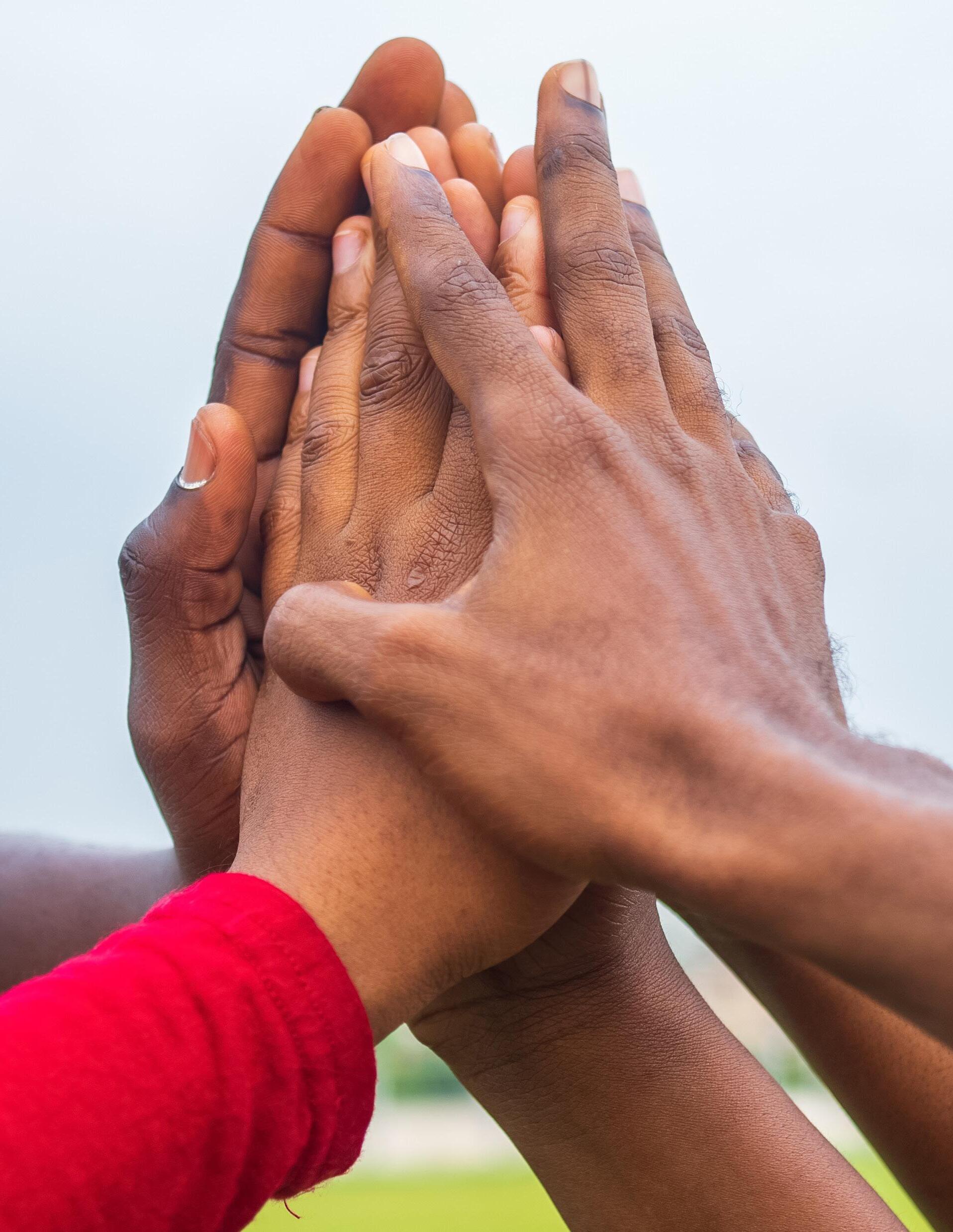
4 minute read
Building Community Capacity with Sandra Muchezeka
by OE Media
1) Can you describe what Community Capacity Building means to you?
Community capacity building is when resources are committed to enabling community members, both at an individual and organizational level, to leverage skills, knowledge, and competencies that will allow them to have a sense of agency or a sense of power to chart their own course and make a difference in their communities.
Advertisement
2) What would you list as three critical elements to Community Capacity Building?
Building organizational capacity for long term sustainability. This will ensure that organizations on the front lines thrive instead of just surviving. Achieving impact within a community takes time andra Muchekeza is the Senior Manger for Program Development and Accountability, as well as the SBCCI Project Lead at Africa Centre.. Her professional career has always been about serving the community. She began working in the international development field but quickly found her way to local community development work where she found her passion and purpose. She shares her thoughts and learning about Community Capacity Building.and requires skills and resources. Through training, coaching/organizational mentorship, grassroots organizations can acquire skills that will help them build financial sustainability, stronger board governance and operational capacity.
Focusing on strengthening the ecosystem as a whole. For example, building networks of support that provide specialized services in areas where grassroots organizations experience gaps. One challenge identified by organizations that Africa Centre supports is finding Black consultants who can provide technical assistance, coaching or training. Building a network of service providers who understand the issues that are faced by Black communities goes a long way towards strengthening the ecosystem.
The true spirit of collaboration. There is an African proverb that states, “if you want to go fast, go alone, if you want to go far, go together”. A shared commitment to finding solutions to issues facing the community and a willingness to share resources to implement those solutions. Collaboration should not just involve not for profit organizations but should extend to all stakeholders, including community members, the business community and all levels of government.
3) Why is self-sustainability so important for the Black Community in the conversations about sytemic barriers, equity, and social justice?
According to the Foundation for Black Communities (FFBC) Unfunded report on Canadian Philanthropy, Black people in Canada continue to face unique barriers and challenges due to racism and discrimination*. This groundbreaking report uncovered troubling disparities on how much Black-led, Black-serving organizations are supported by Canadian foundations. Years of underfunding have left the majority of Black-led organizations struggling to keep their operations and programs going.
The racial gap in funding of Black communities because of systemic inequities means that Black community organizations have lower odds for advancement and higher attrition rates. Many fold up and close shop because they lack the capacity to navigate these systemic challenges or to grow beyond where they are.
Self-sustainability of Black community organizations is important because it is the only way Black organizations can ensure longevity in the work they do for the community. Relying only or primarily on grant funding to run their operations and programs is not sustainable. Diversifying revenue sources or having systems and processes in place that ensure operational efficiency and effectiveness is sustainable,
4) How has Africa Center aligned programming to support Capacity Building in the Community?
Africa Centre’ s Community Capacity Development program supports local Black Community Grassroots organizations through capacity building initiatives, engagements, and collaborations. This support enables them to develop, implement and sustain initiatives that address issues affecting them and the people they serve.
Through SBCCI, a Government of Canada initiative, Africa Centre currently supports the capacity building efforts across Canada. Together with 3 other intermediary organizations, over 700 Black-led, Black-serving organizations receive SBCCI funding. This funding is critical because it is a crucial step towards equity by providing financial support for these organizations to develop skills and competencies that not only contribute to more inclusive local development, but also ensures long-term growth and sustainability.
Africa Centre also partners with organizations that do not have charitable status but are doing important work to build their communities to access funding from community foundations such as Edmonton Community Foundation of Calgary Foundation, the Provincial government, or the Federal government.
5) What personal lesson have you learned in working to build capacity within our community?
Every organization has a story - a story of who they are, why they do what they do and how they came to be where they are. While it’s important to remember that each organization has their own unique narrative, it’s just as important to respect, appreciate, and take the time to understand this narrative.
GregDavis









